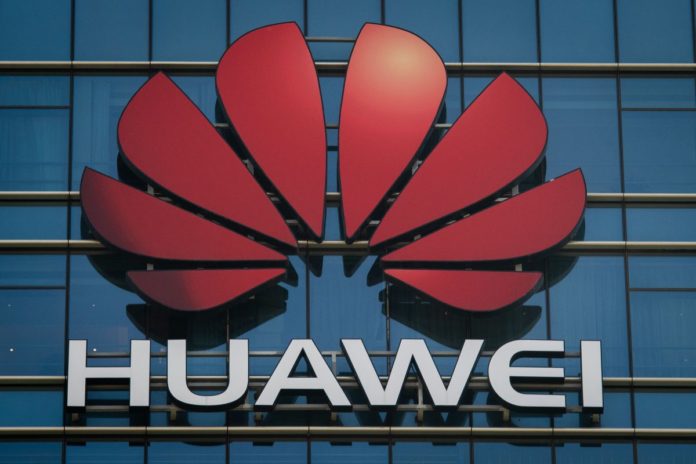
The UK’s mobile providers are being banned from buying new Huawei 5G equipment after 31 December, and they must also remove all the Chinese firm’s 5G kit from their networks by 2027.
Digital Secretary Oliver Dowden told the House of Commons of the decision.
It follows sanctions imposed by Washington, which claims the firm poses a national security threat – something Huawei denies.
Mr Dowden said the move would delay the country’s 5G rollout by a year.
“This has not been an easy decision, but it is the right one for the UK telecoms networks, for our national security and our economy, both now and indeed in the long run,” he said.
Because the US sanctions only affect future equipment, the government does not believe there is a security justification for removing 2G, 3G and 4G equipment supplied by Huawei.
New restrictions are also being applied to use of the company’s broadband kit.
The government wants operators to “transition away” from purchasing new Huawei equipment for use in the full-fibre network.
Mr Dowden said he expected this to happen within two years.
He explained that additional time was being provided for broadband to avoid the UK becoming dependent on Nokia as the single supplier of some equipment.
Chip concerns
The UK last reviewed Huawei’s role in its telecoms infrastructure in January, when it was decided to let the firm remain a supplier but introduced a cap on its market share.
But in May the US introduced new sanctions designed to disrupt Huawei’s ability to get its own chips manufactured.
This led security officials to conclude they could no longer assure the security of its products if the company had to start sourcing chips from third-parties for use in its equipment.
The minister cited a review carried out by GCHQ’s National Cyber Security Centre as being the motivation for the changes.
However, other political considerations are likely to have also come into play including the UK’s desire to strike a trade deal with the US, and growing tensions with China over its handling of the coronavirus outbreak and its treatment of Hong Kong.
Some backbench Tory MPs had pressed for a shorter time-span for its removal, in particular there had been calls for the 5G ban to come into effect before the next election in May 2024.
However, Mr Dowden said that “the shorter we make the timetable for removal, the greater the risk of actual disruption to mobile phone networks”.
BT and Vodafone had warned that customers could face mobile blackouts if they were forced to remove all of Huawei’s 5G kit in less time.
Chairman resigns
Huawei says it employs about 1,600 people in the UK and claims to be one of Britain’s largest sources of investment from China.
The firm – whose shares are not publicly traded – does not provide a regional breakdown of its earnings. But on Monday, it announced a 13% rise in sales for the first half of 2020 compared to the same period in 2019, totalling 454bn yuan ($64.8bn; £51.3bn).
The UK will have accounted for a fraction of that. The firm’s UK chief recently noted that Huawei had only deployed a total of 20,000 base stations in the UK so far, but by contrast expects to deliver a total of 500,000 globally this year.
Even so, what the firm fears and Washington hopes is that other countries will now follow Westminster’s lead with bans of their own.
Shortly before the announcement Sky News revealed that Lord Browne, Huawei’s UK chairman and the ex-chief executive of BP, would be leaving the Chinese company before his term had expired. It said he had given his notice a few days ago and would formally step down in September.
Source: BBC

